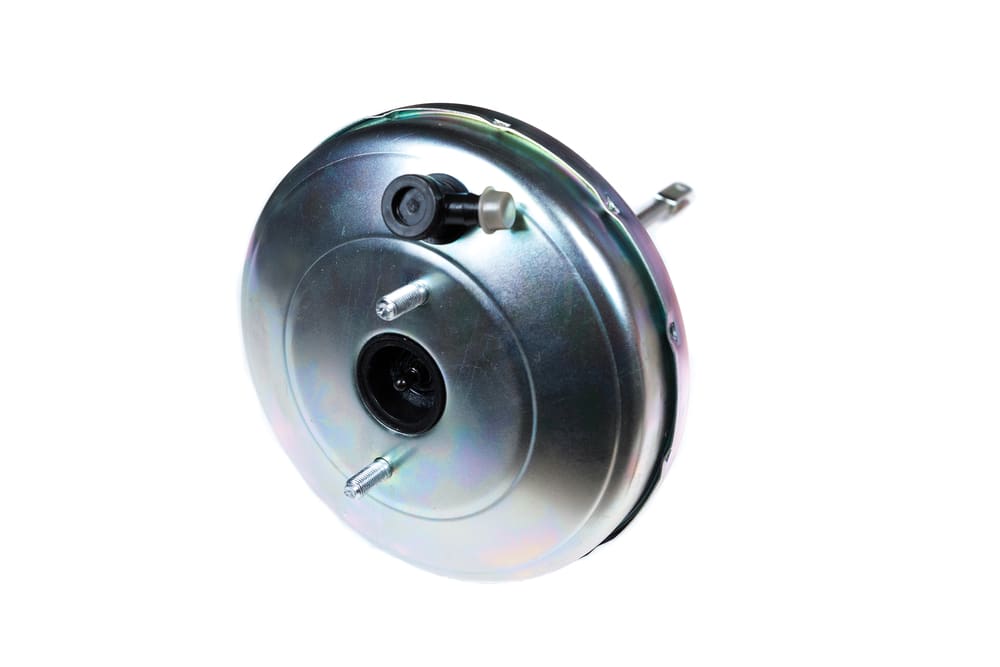

In order for a car to have the brake power that it needs, there will have to be a sufficient amount of vacuum power. The engine of a car produces a good bit of vacuum power, but it will usually not be enough to give the brakes the boost of power they need. It is up to the brake booster to produce the sufficient amount of vacuum needed to stop a car in a hurry. The brake booster vacuum sensor is what helps to tell the ECM when more vacuum power is needed. This sensor will usually only kick in when the brake booster is needed to bring the car to a sudden stop.
Most of the sensors on a car, including the brake booster vacuum sensor, are built to last as long as the vehicle does. The harsh conditions that the brake booster vacuum sensor is exposed to will usually lead to it being damaged. Not having this sensor in place can lead to a reduction in the amount of vacuum power that your braking system has. The less pressure that your brake booster has, the harder you will find it to bring the car to a sudden stop when needed.
The job of a car owner is to make sure that any repair issues that arise are fixed in a timely manner. In order to detect repair issues early on, you will have to pay attention to the warning signs that your car is giving you. There are a number of warning signs that you will have when your brake booster vacuum sensor is going bad and here are some of them.
- The brake light comes on
- It seems like more pressure is required to stop the car
- There is a delayed reaction when trying to apply the brakes
- The brake pedal feels very loose
The last thing that you want is to have the braking system on your car not working properly. This can put you and your passengers in a lot of danger when trying to navigate the busy roadways. Getting the problems that you are having with your brake booster vacuum sensor diagnosed and fixed is vital in keeping your car safe.



